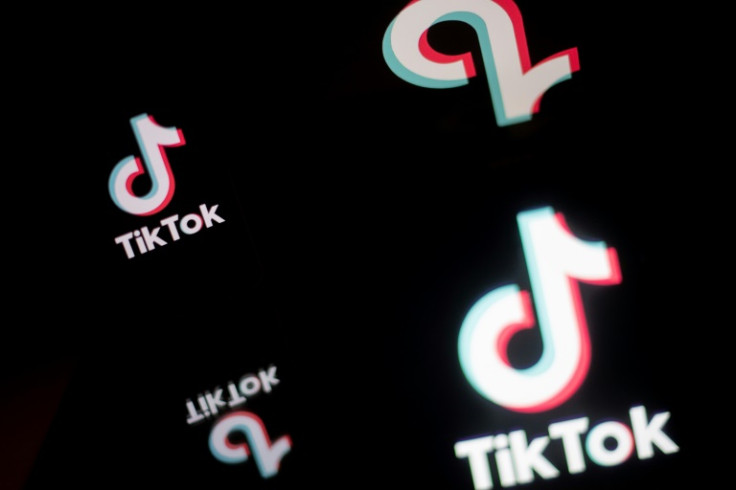Possible TikTok Ban: The End Of An Era Or A Social Media Renaissance
In the ongoing battle over TikTok's fate in the United States, a 12-page bill titled the "Protecting Americans from Foreign Adversary Controlled Applications Act" has gained traction in Congress. The bill aims to stop the distribution of apps developed by ByteDance, TikTok's parent company, and its subsidiaries, unless ByteDance sells the app within 165 days. This legislation raises questions about the possible implications and hurdles it must overcome to become law.
The bill's proponents argue that it is necessary to safeguard national security, citing concerns about China's influence over TikTok's vast user data. However, critics warn of the broader economic and diplomatic ramifications of banning a popular social media platform with over 150 million monthly users in the U.S.

Financial Ramifications for ByteDance
ByteDance, the Chinese tech giant behind TikTok, faces significant financial consequences if the bill passes. With plans for a TikTok IPO looming, ByteDance's valuation of approximately $50 billion hangs in the balance. The bill's provisions could force ByteDance to divest its prized asset, resulting in substantial losses and disrupting its IPO ambitions.
Moreover, ByteDance's global expansion and revenue streams heavily rely on TikTok's success. A ban in the U.S. market, one of TikTok's largest and most lucrative, would deal a severe blow to ByteDance's bottom line and strategic objectives.
Potential Winners in the Market
While ByteDance struugles with the fallout, several U.S. tech companies stand to benefit from TikTok's potential ban. Competitors such as Meta (Facebook), Snap, and YouTube could seize market share and advertising revenue previously dominated by TikTok.
Meta, in particular, has been investing heavily in its TikTok rival, Reels, as it seeks to capitalize on the short-form video trend. A TikTok ban would create opportunities for Meta to expand Reels' user base and engagement, potentially reversing its recent struggles with declining user growth and revenue.
Snapchat's Spotlight and YouTube Shorts also emerge as contenders to capture TikTok's displaced users and advertisers. These platforms offer similar features and content formats, positioning themselves to capitalize on TikTok's potential downfall.
User Migration and Alternative Platforms
In the wake of a TikTok ban, millions of users would seek alternative platforms to satisfy their social media cravings. Apps like Dubsmash, Funimate, Cheez, Triller, and Likee emerge as contenders to fill the void left by TikTok's absence.
These platforms offer similar features and content formats, including short-form videos, music integration, and creative editing tools. Users migrating from TikTok may find solace in these alternatives, which strive to replicate the engaging and entertaining experience of their beloved app.
However, the challenge lies in retaining TikTok's diverse and vibrant community of creators and users. Building trust and loyalty among these audiences will be crucial for alternative platforms to succeed in a post-TikTok landscape.
The Global Impact
Beyond the U.S., a TikTok ban reverberates across the global social media ecosystem. TikTok's unique content creation and engagement model have reshaped digital culture worldwide. A post-TikTok era prompts international users to seek alternatives and adapt to new platforms, influencing trends in content creation and online interactions.
Furthermore, the geopolitical implications of a TikTok ban extend beyond economic considerations. The move sends a strong message about the U.S. government's stance on data privacy, national security, and tech regulation. It also underscores the broader tensions between the U.S. and China in the realm of technology and innovation.
As the legislative process unfolds and the fate of TikTok hangs in the balance, the tech industry braces for seismic shifts in market dynamics and user behavior. While the bill's passage remains uncertain, its potential repercussions underscore the complex interplay between national security concerns, economic interests, and digital innovation in an increasingly interconnected world.
© Copyright IBTimes 2024. All rights reserved.






















